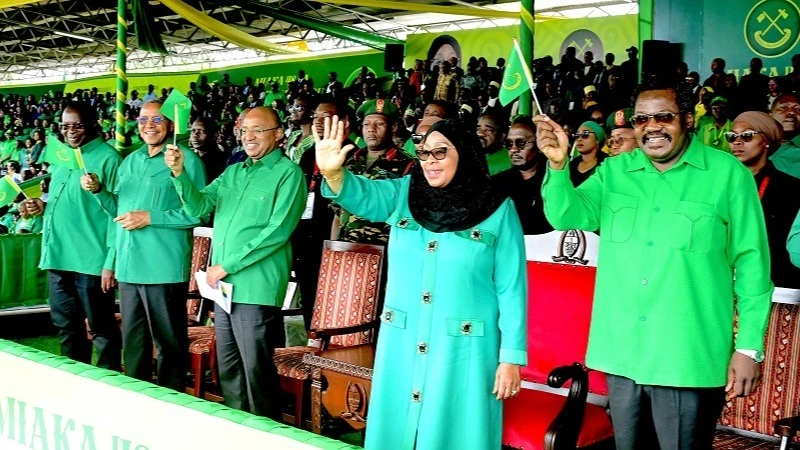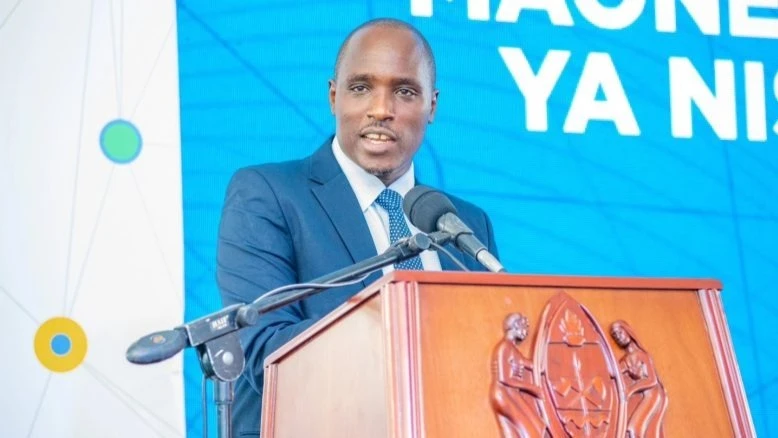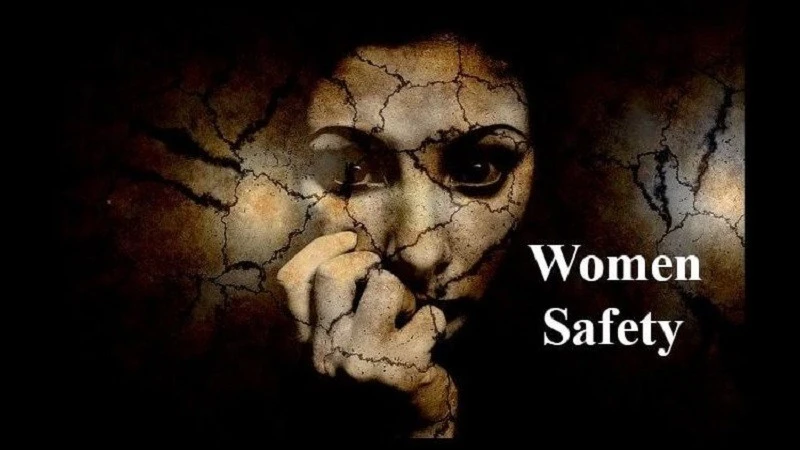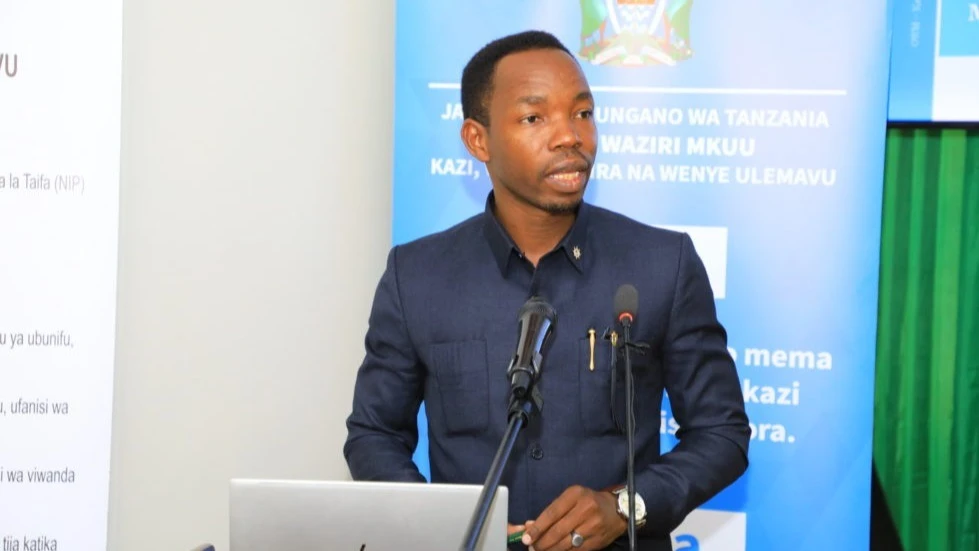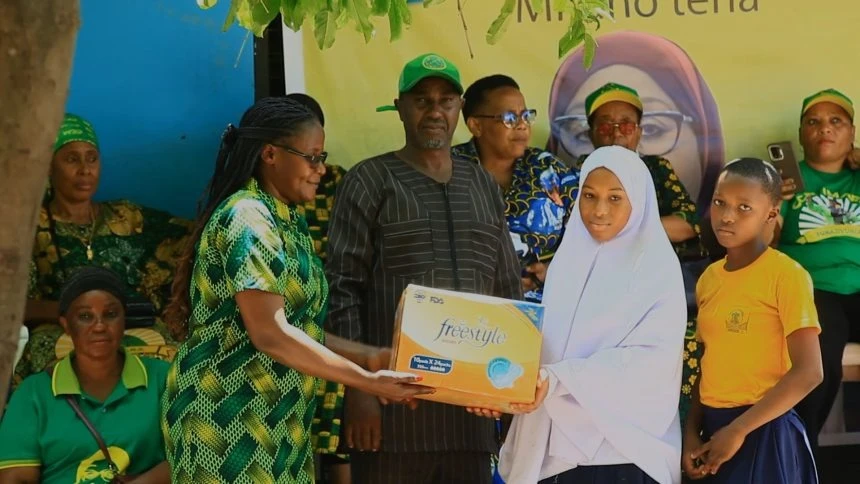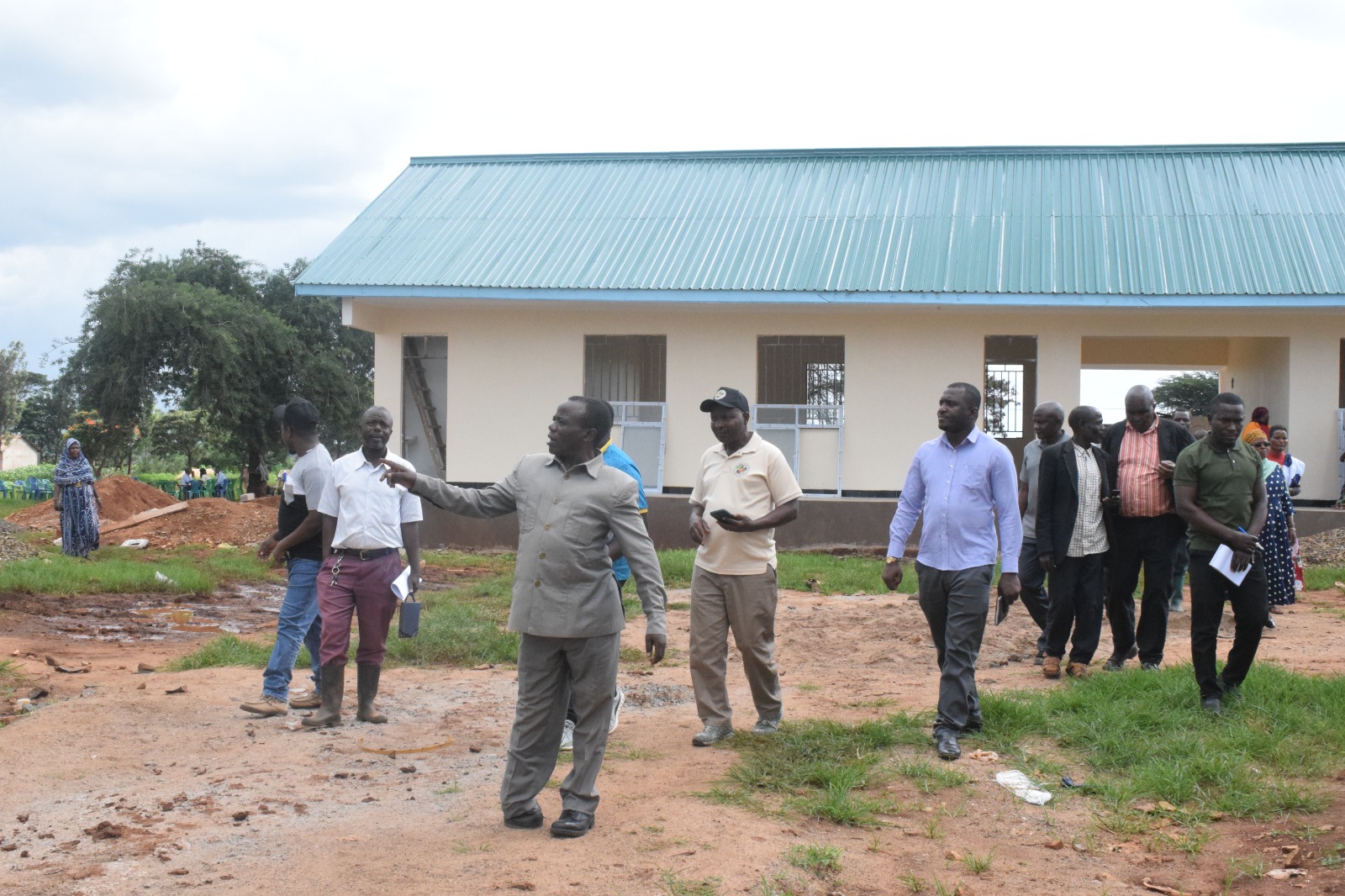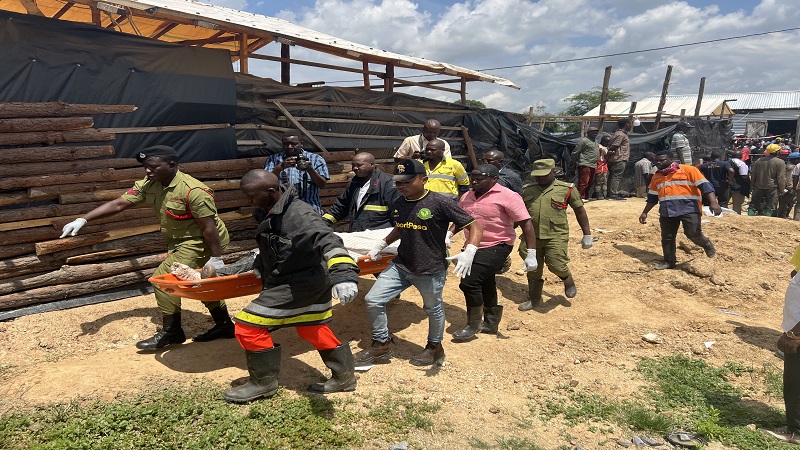Amend 1928 witchcraft legislation, court says

TANZANIA has been advised to revise the country’s witchcraft laws in order to draw a clear line between traditional healers and witch doctors.
Lady Justice Stella Isibhakhomen Anukam from Nigeria issued this appeal when delivering judgment on case number 019/2018 at the African Court on Human and People’s Rights, reminding the court that attacks on people with albinism in Tanzania are usually associated with witchcraft beliefs.
The case was pitting the Centre for Human Rights and others versus the United Republic of Tanzania regarding the issue of attacks of people with albinism in the country, submitted by the Centre for Human Rights, the Institute for Human Rights and Development in Africa along with the Legal and Human Rights Centre.
The parties alleged that violations of the rights of persons with albinism (PWAs), including their persecution and humiliation, in particular through attacks, killings and mutilations, in the territory of the United Republic of Tanzania and the state was doing little to protect them or go after their assailants.
Under non-pecuniary reparations, the court ordered the respondent state to amend existing laws in order to criminalize and punish acts of violence that target people with albinism (PWA), treating such acts as having been committed under aggravated circumstances.
Fulgence Massawe, advocate for the applicants, stated later that the Witchcraft Act ‘was formulated during colonial days and specifically targeted to persecute Africans.’
The continental court therefore asked the state to amend the Witchcraft Act of 1928, Chapter 18 of the Laws of Tanzania, in order to clarify ambiguities in relation to witchcraft and traditional health practices.
Tanzania was also required to finalise, promulgate and implement its national plan of action on the promotion and protection of the rights of People with Albinism (PWA) in conformity with the African Union plan of action to end attacks and other atrocities.
Three witnesses, all being persons with albinism and victims of violations presented testimonies before a panel of nine judges, with Justice Sacko Modibo from Mali presiding.
The court considered the applicants’ prayers for reparations, ordering the government to initiate a compensation fund and pay 10m/- for the moral prejudice suffered by PWAs. The 10m/- would form seed money to set up a compensation fund, he said.
The government also needs to take all necessary measures towards the full realization of the right to education, reinstate the right to the best attainable standard of health and raise awareness of the myths regarding albinism.
This can be done by conducting far-reaching campaigns sustained for at least two years, the judge affirmed, similarly demanding that the government formulate and execute strategies that will ensure the full realization of the rights and welfare of children with albinism.
“This will, inter alia, as per the court’s order, include initiatives on their security, psychosocial, medical and other assistance critical to their survival and development,” the judgement intoned.
The government, in cooperation with the applicants, ought to facilitate a comprehensive and coordinated effort to reduce overcrowding in PWAs shelters, reunite families and ensure that children with albinism in these shelters have access to basic services, it directed.
The government was also required to publish the judgment within a period of three months on the websites of two relevant ministries, one with the Prime Minister’s Office and the other handling judicial affairs.
Top Headlines
© 2025 IPPMEDIA.COM. ALL RIGHTS RESERVED








